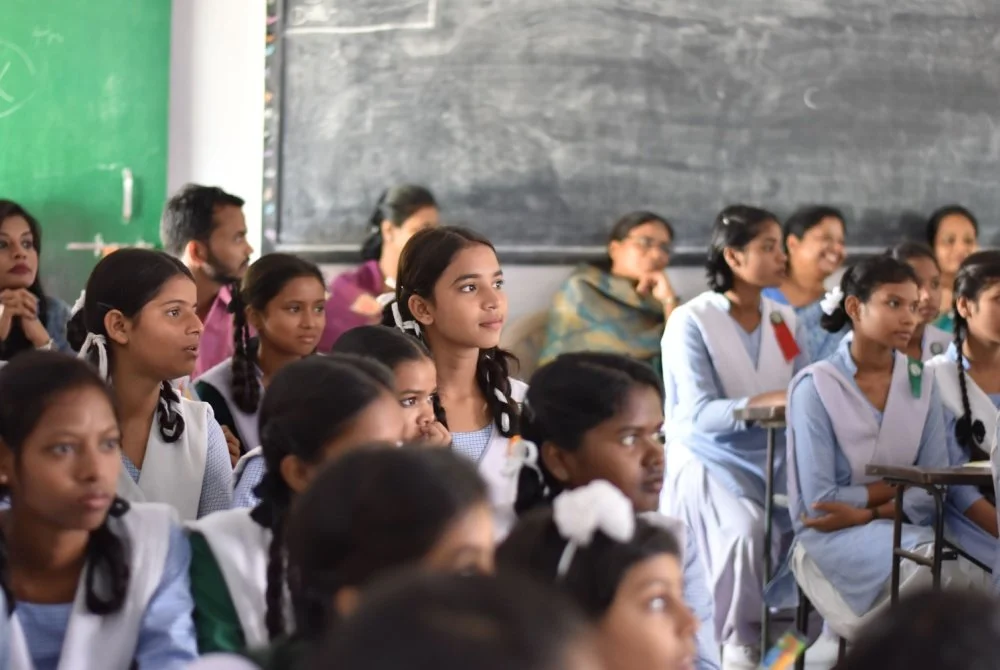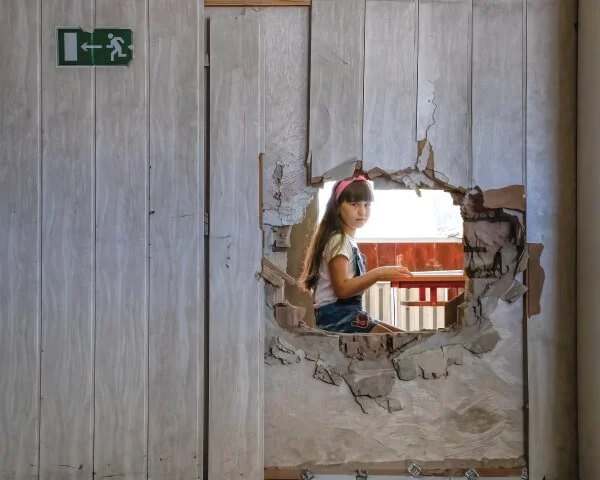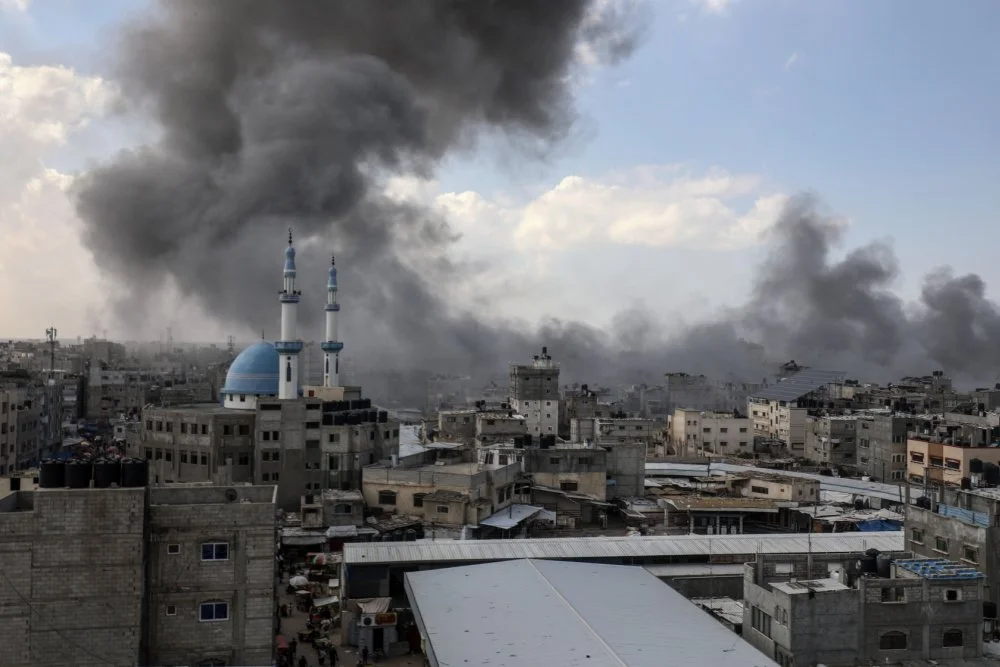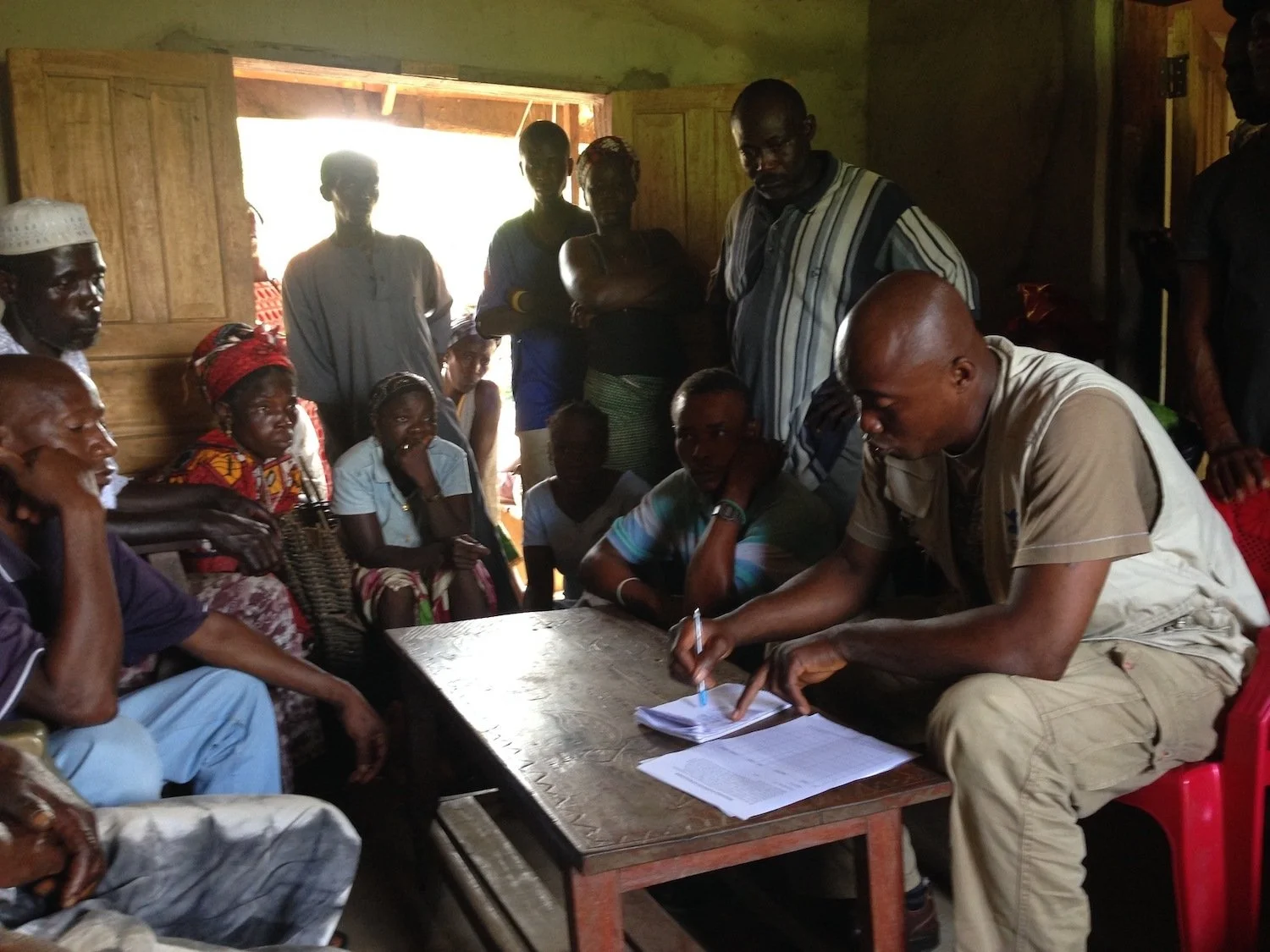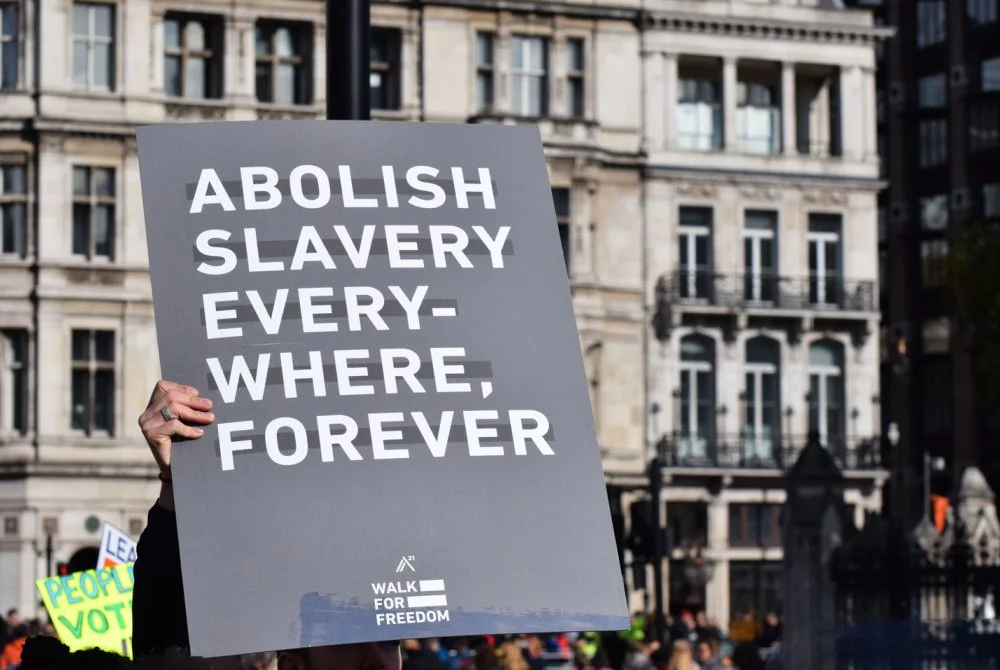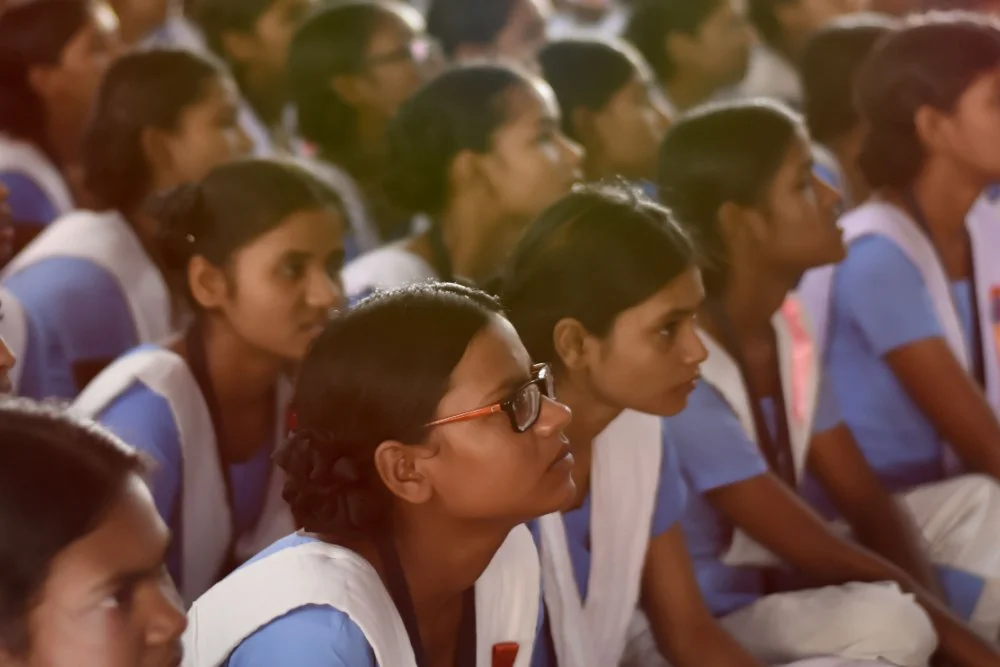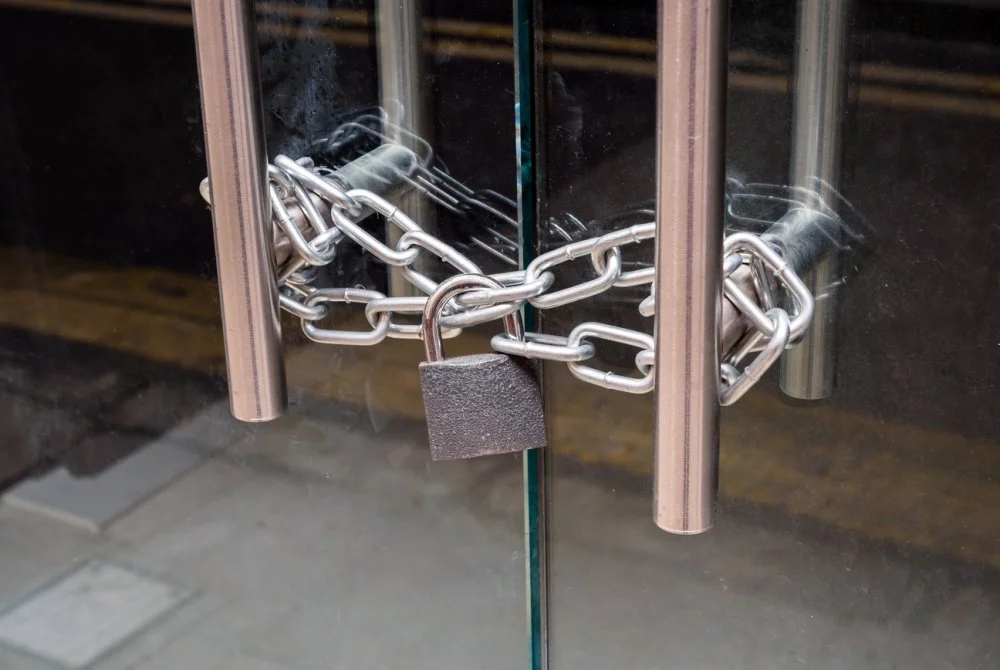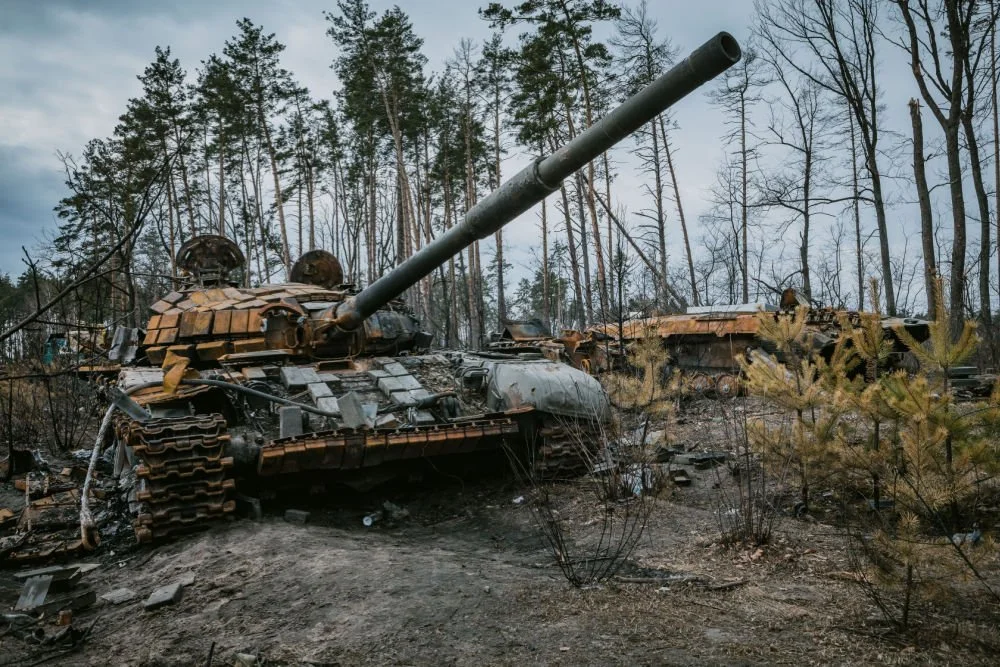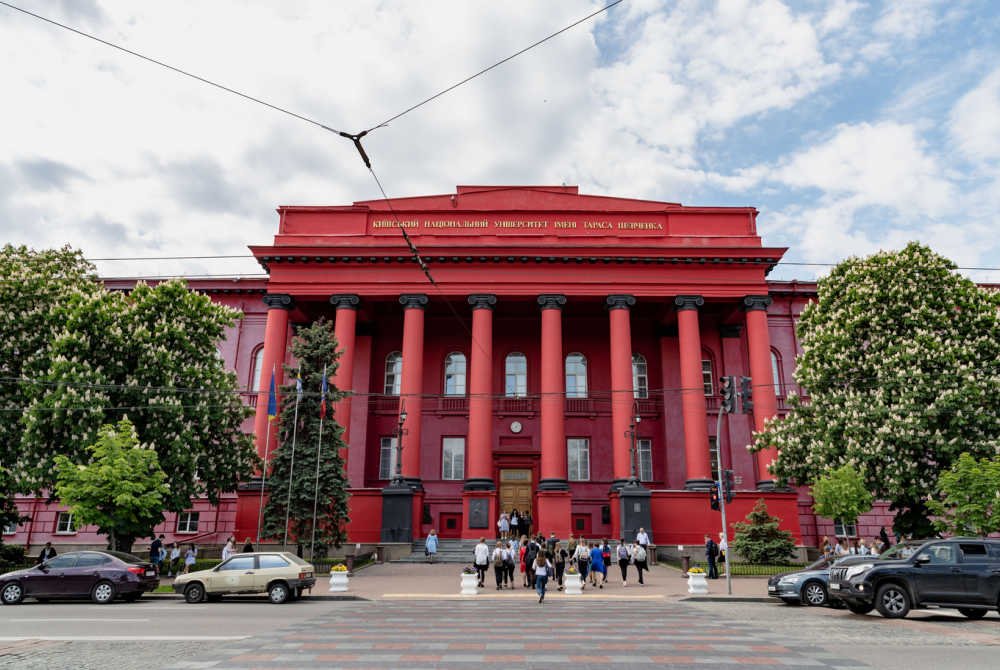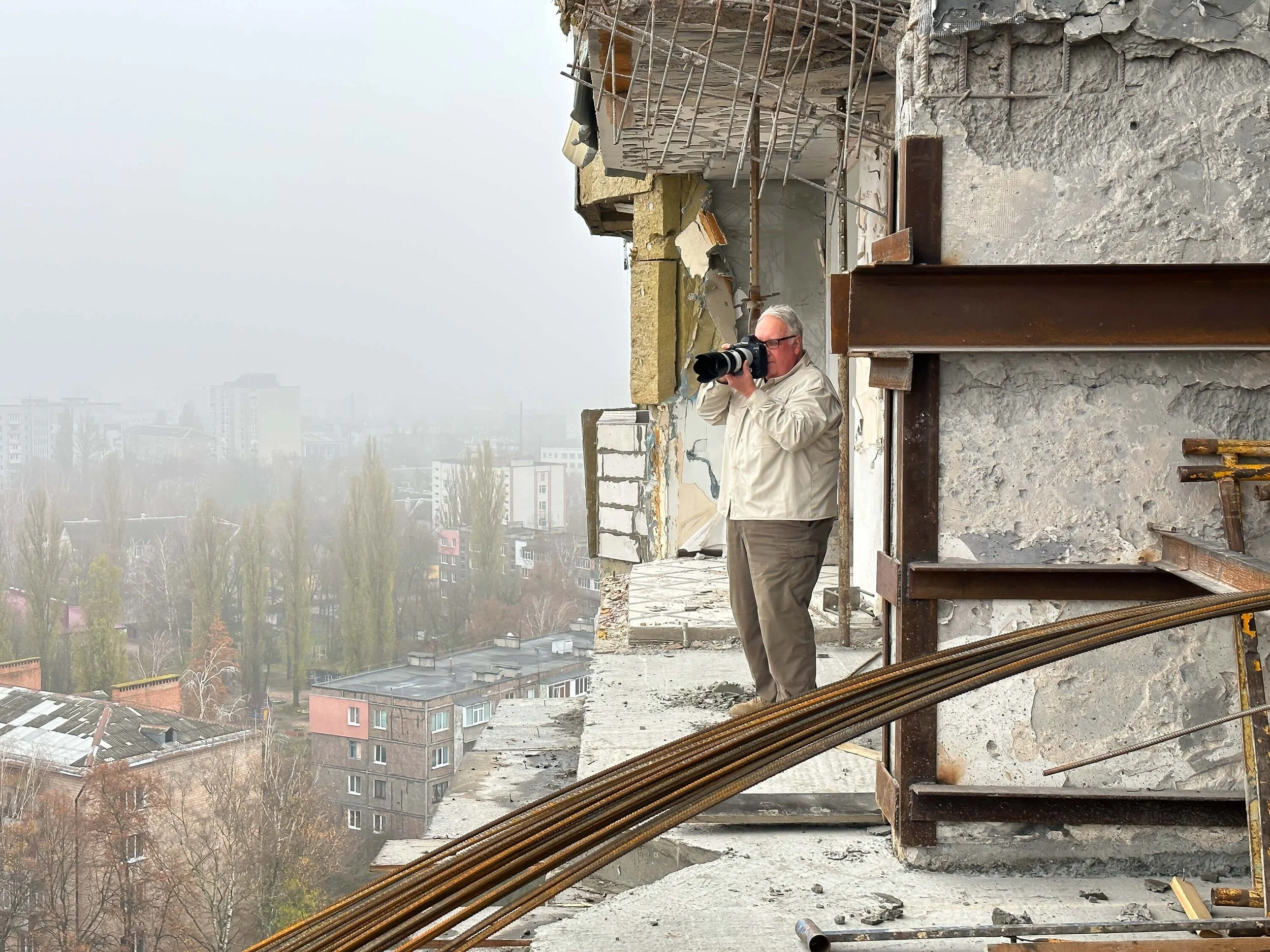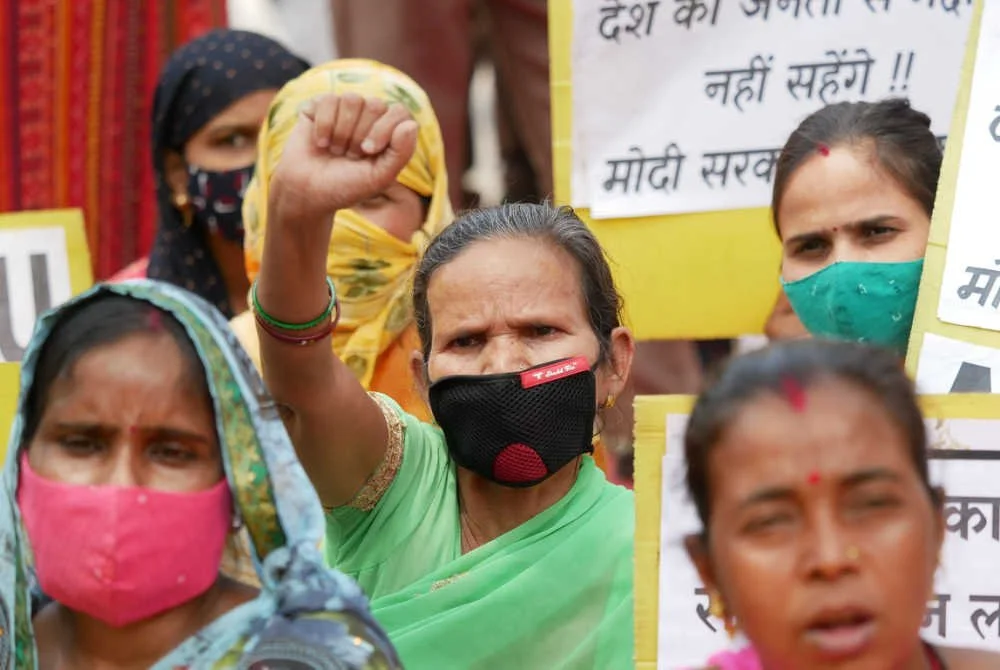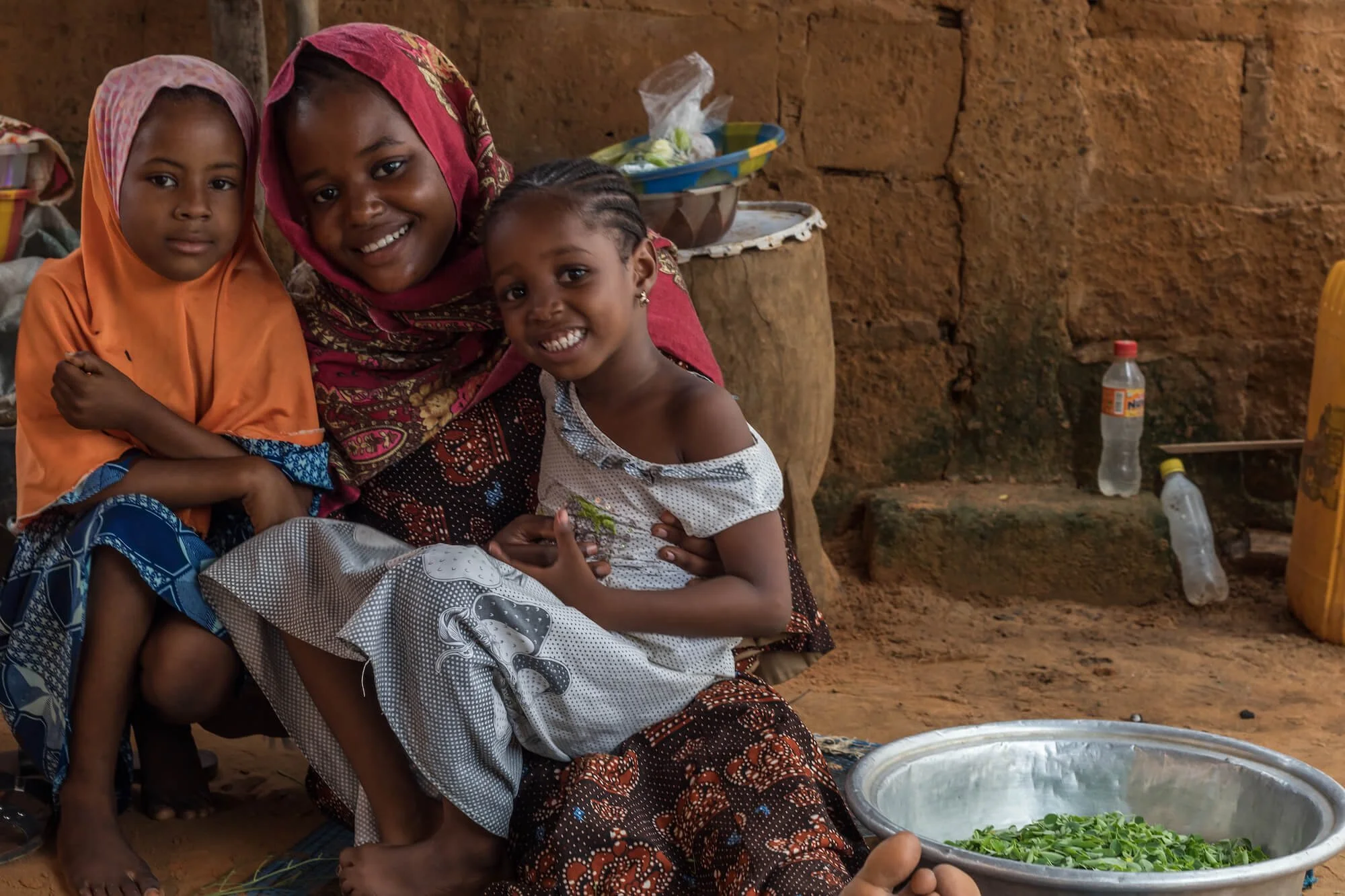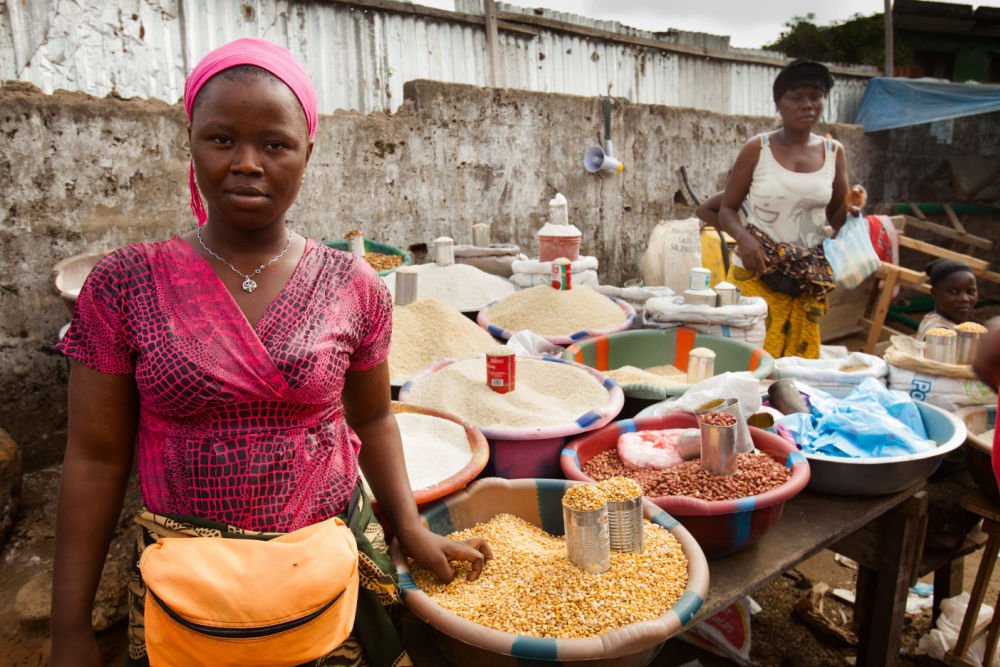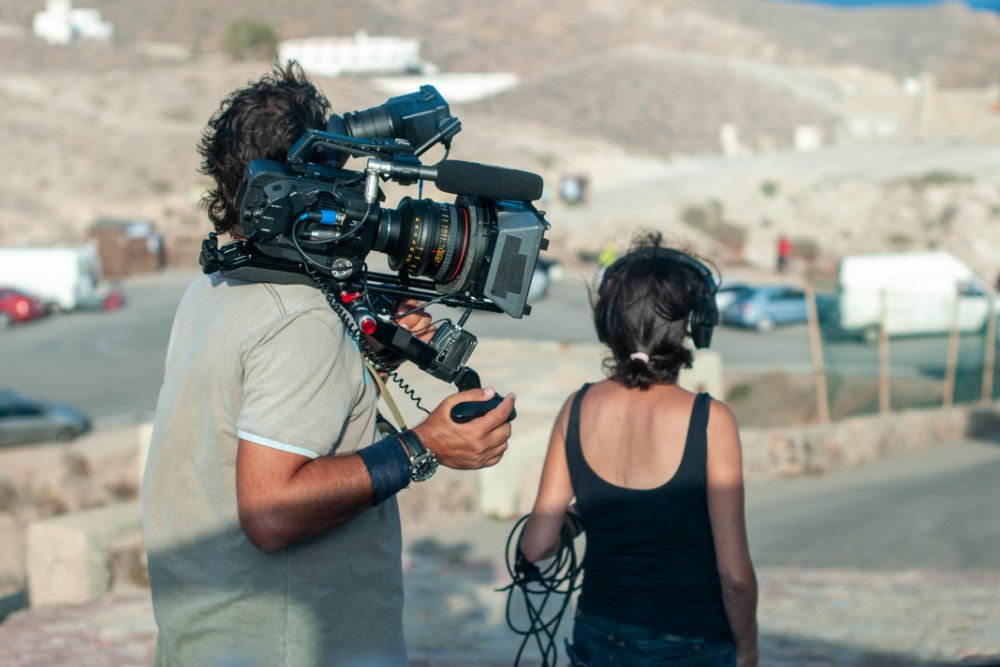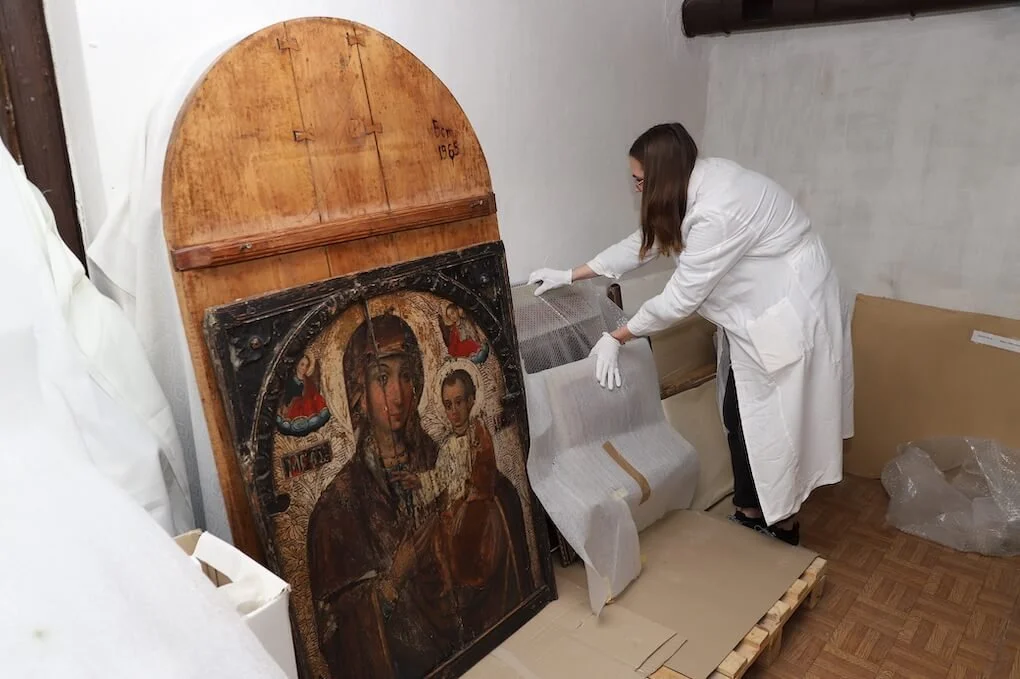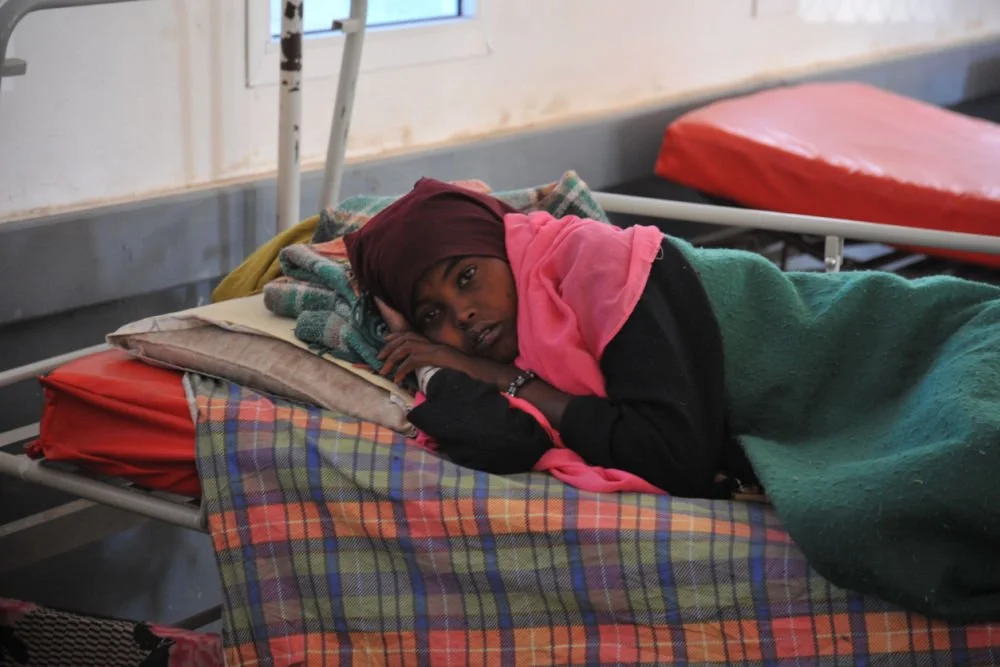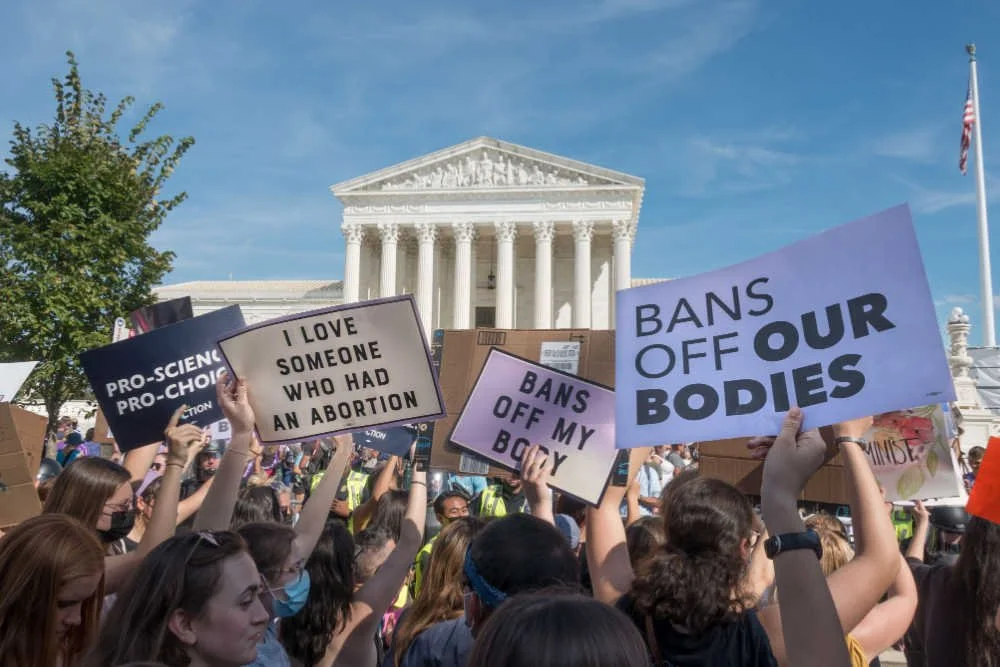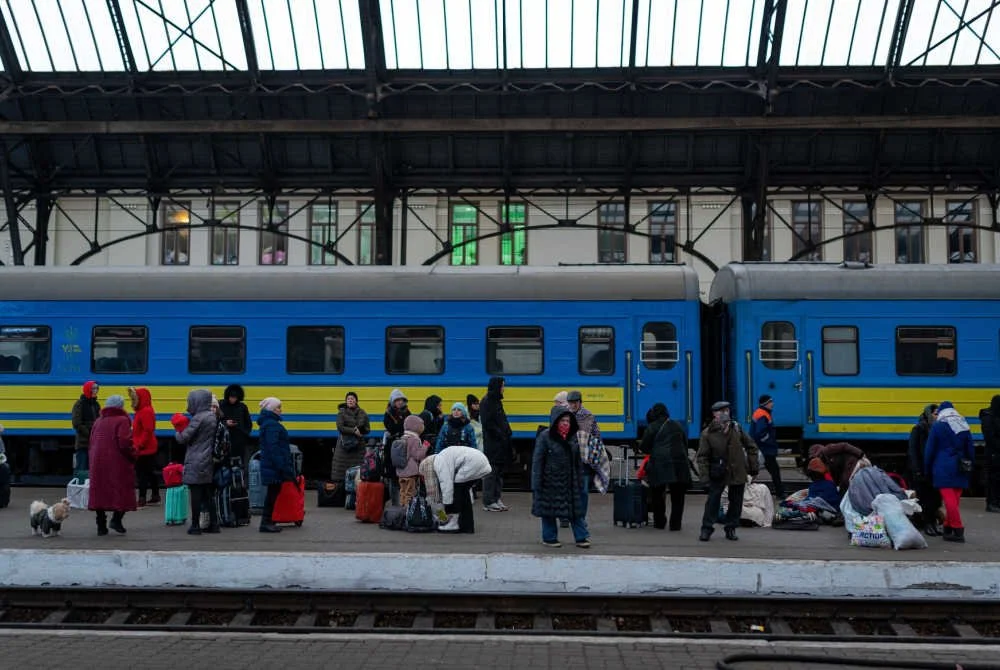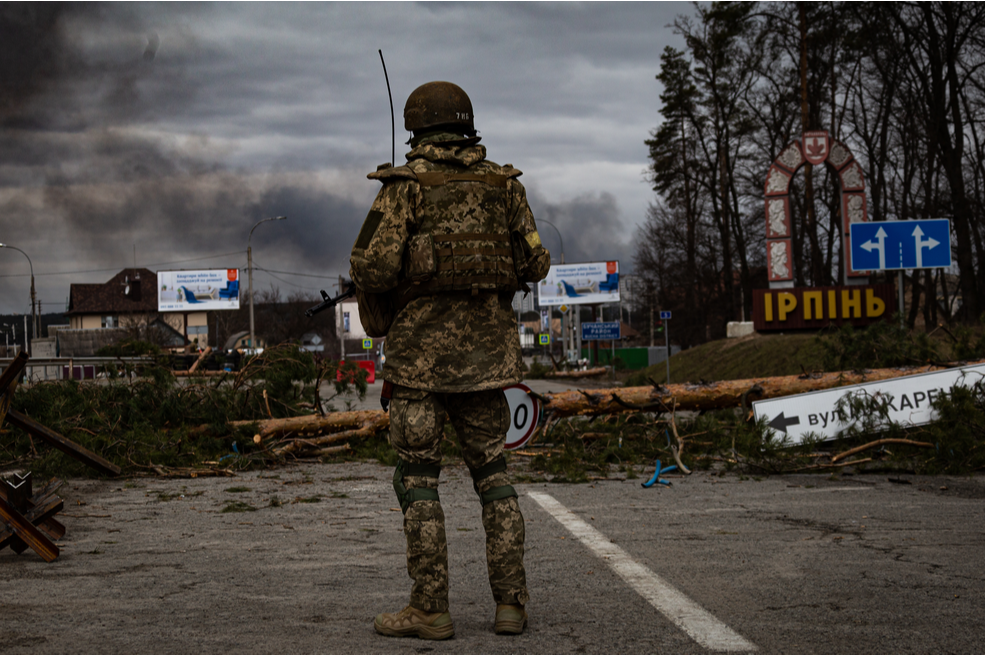Supporting Local Peacebuilders: Opportunities for U.S. Foundations
/A peace demonstration in gaza. photo: mikhail/shutterstock
Despite the critical role that local actors play in tackling violence and building sustainable peace, only a small fraction of peacebuilding funding goes to local organizations. Peace Direct and the Peace and Security Funders Group (PSFG) wanted to examine this trend, so we surveyed PSFG members—ranging from small family foundations to large private foundations—and found encouraging results.
Surprisingly, the majority of survey respondents (80 percent) confirmed that foundations value funding locally within their organizations. This is great news. These funders deserve recognition for leading in an area where many government and institutional donors still lag behind. Respondents recognized the value of funding local organizations in peacebuilding and countering violent extremism. (We defined “local organizations” as those led by local staff who set their own strategy and are not overseas offices of international NGOs).
Respondents also confirmed that funding local organizations requires time to cultivate relationships and understand political contexts in each region. Some respondents reported that funding local organizations may not always be the best route. They cited such obstacles as difficulty in identifying groups on the ground, lack of financial management capacity, and grant officers’ limited capacity to provide needed support. Respondents also observed that collaboration among funders is a critical element to successful funding of local organizations.
What are perceived obstacles to funding local organizations?
- Local organizations lack the capacity to ensure financial oversight and proper accounting.
- Administering smaller grants to local organizations is costly and time consuming. (Some foundations do not have field-based staff outside of the U.S., so that can be a major barrier to local grant making.)
- Foundations do not have the resources to ensure good oversight and accounting.
- Obtaining documentation and required paperwork from local organizations is difficult. (For example, getting funds into countries that do not have banks, like the Central African Republic, can be difficult, as can currency fluctuations.)
From our experience of more than a decade funding locally, these obstacles can be overcome and stronger partnerships formed in the process.
What are best practices for funding local organizations?
- Give core funding and long-term funding. (This is especially critical in conflict zones, where political events change quickly and peacebuilding requires long-term investment.)
- Do not expect perfection from a first-time grantee. (Allow time for piloting and trying new approaches. Innovation requires risk.)
- Support local leadership and networks. (Funders such as Peace Direct and Urgent Action Fund (UAF) have established a network of consultants who provide guidance on potential grantees and issues related to funding local organizations.)
- Encourage local organizations’ efforts to develop local fundraising.
- Develop contingency plans and rapid-response funds to be used in times of potential crises.
We believe that local people are the experts on the problems they face and the solutions that their societies need. When funders invest in local efforts for peace, the programs can be successfully scaled to make broader and more durable impacts. Peace Direct has seen this work with our local partners in places like Pakistan and the Democratic Republic of the Congo.
For example, Aware Girls, a local group led by young women, began small and has now established a peace network of more than 500 young people across Northwest Pakistan who counter radicalization by promoting nonviolence and tolerance through peer-to-peer education. Since we began partnering with them eight years ago, they have gained international recognition and are able to attract more donors. (To learn more about Aware Girls, see the TED talk by its cofounder Gulalai Ismail.)
Funding local groups is not always easy, but it is our best hope for preventing violence and building lasting peace. International organizations and governments are also recognizing this fact. The U.N. Peacebuilding Fund has now opened its funding to directly support local groups, and USAID recently launched a new program called “localworks” that supports local organizations. (Key elements of USAID's localworks: discretionary funds, human resources support, five-year funds, and collaborative reporting.)
We hope more funders—large and small—will follow the lead of the PSFG community and make supporting local peacebuilders a priority. In 2018, we resolve to work with more funders to strengthen the impact of local peacebuilders. We invite you to join us!
Bridget Moix is Senior U.S. Representative and Head of Advocacy at Peace Direct. www.peacedirect.org




